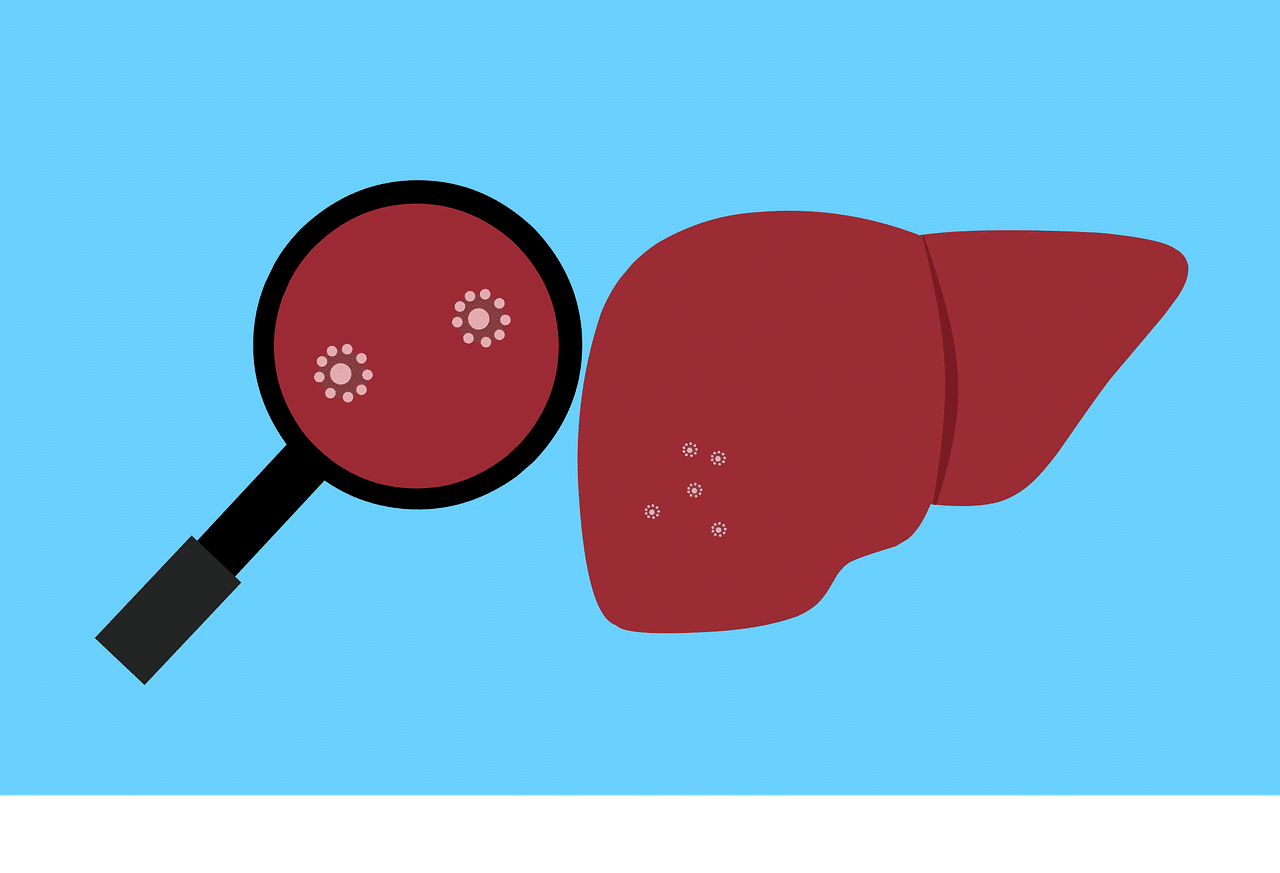Recent research study reveals the astounding potential of bioelectronic medicine to treat pulmonary hypertension. This study is performed by the research team from Feinstein Institutes for Medical Research and is now published in the journal “Springer Nature’s Bioelectronic Medicine”.
This research has been carried out by a team from The Feinstein Institutes for Medical Research. It is one of the largest healthcare service providers in a private capacity in NY. It comprises of 50 research labs and more than 4 thousand researchers working on 2,500 clinical studies to develop new medical treatments. The Feinstein Institutes through its five sub-institutes is helping to find innovative treatments through molecular medicine.
Pulmonary Arterial Hypertension (PAH) is a condition that affects pulmonary vessels and often leads to sudden heart failure and eventually death. It is commonly referred to as high blood pressure in lungs vessels. The reason behind this disease is the narrowing of blood vessels (arteries) that transport blood from heart to lungs to get it oxygenated.
when these vessels are narrowed, they lack the capacity to carry the blood to the lungs and therefore cause heart failure. The current treatments use different medicines that are able to signal pathways in cardiovascular physiology. The problem with using these medicines is unwanted and highly undesirable side effects. Even after using these medicines there is no definite way to know that it would halt the disease progression or not.
The new approach to treat Pulmonary Arterial Hypertension (PAH) is to use bioelectronic medicine. It is an emerging treatment that can detect the disease at an early stage and help to heal it using certain devices.
Related- Toxins In The Global Supply of Food Risk The Health Of Underprivileged
These devices can modulate electrical current in human body and nervous system. Talking specifically, the vagus nerve stimulation (VNS) has been previously studied for treating certain health conditions such as cardiovascular problems including arrhythmias and heart failure. It suggests that vagus nerve stimulation may also be able to heal arterial hypertension and thus completely treat Pulmonary Arterial Hypertension (PAH) in a patient.
Dr. Zanos, a researcher who has worked on this study and is the author of this new research paper published shares the possibility of vagus nerve stimulation (VNS) in suppressing inflammation. It can further restore the natural homeostatic autonomic balance of the human body. So there are bright chances that bioelectronic medicine can help to improve and normalize heart function which is typically affected as this disease progresses. This way, an alternative treatment of Pulmonary Arterial Hypertension (PAH) can be developed which would be 100% efficient and side effect free, which is typical with using standard medicines.
The vagus nerve stimulates the body and causes pulmonary vasodilation. Pulmonary vasodilation is a natural process where blood vessels in the lungs are widened, completely suppressing the internal inflammation/ This way the body is able to achieve its lost autonomic balance. And this is the most desirable effect in patients of Pulmonary Arterial Hypertension (PAH).
Dr. Zanos also explains that the preclinical trial on animal models has shown positive results and the further potential therapeutic potential of vagus nerve stimulation (VNS) could be studied using human models. Kevin J. Tracey, CEO at Feinstein Institutes hopes that this way the medical experts would be able to treat the patients without worrying about the adverse medicinal side effects.


